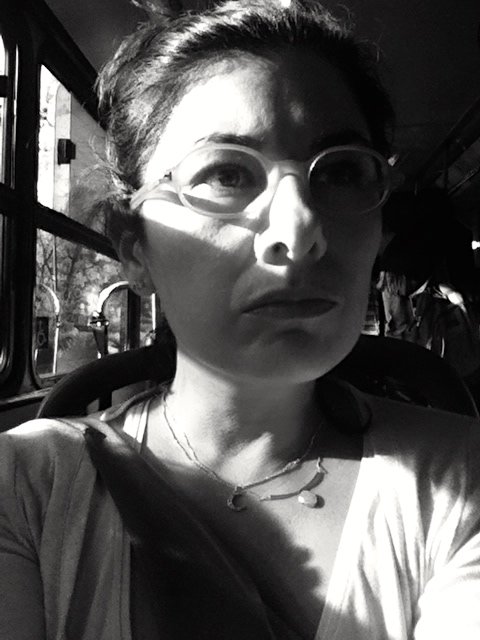Cecilia Delgado

How Global Can Museums Be?
CIMAM’s annual conference held in Tokyo this year has been a very interesting experience in many ways. The content, structure of the meeting, and the invited speakers have contributed to create places to think, to dialog, and to exchange ideas and point of views that I consider significant, particularly since currently is challenging to set up a place where theory and experience can meet. Equally important is the fact of creating possible networks of museum’s professionals from all over the world to discuss and collaborate among them. Although is true that the present moves in a direction where ideas are alienated and flattened in search of certain universality, I consider the local element as a substantial component to structure common grounds where the empathy could cast new forms of coexistence and knowledge.
Personally, I found Patricia Flaguières talk addressing the question, is the museum a place for debate? excellent. Flaguières’ paper Debating on Museums: Which is the Question? Addresses the subject trough a detailed historiographical and philosophical construction with the question What’s public space and the new institutional and political agents, she focused on the way in which these places have been under permanent transformation, re-signifying and thought configuration in different aspects, getting close to utopian spaces where is possible to build a democratic experience trough a free speech that answers to different internal and external agents. Similarly Brook Andrew’s “Beware the Ventriloquist: the Everyday as political art and Cultural Nerves”, invited by The Museum of Contemporary Art Australia for an artistic intervention that reflected on indigenous and shared colonial perspective regarding art in the context of Australia, arguing the way in which appropriation can cause other sort of interpretations that update the discourse that in some ways have been obstacles to the present as a constant assimilations of the “others”.
In many ways I think that is important to know and look at the past to be able to build a cartography of the present that could cast new forms of knowledge that stand for the integration instead of the local de-territorializing.